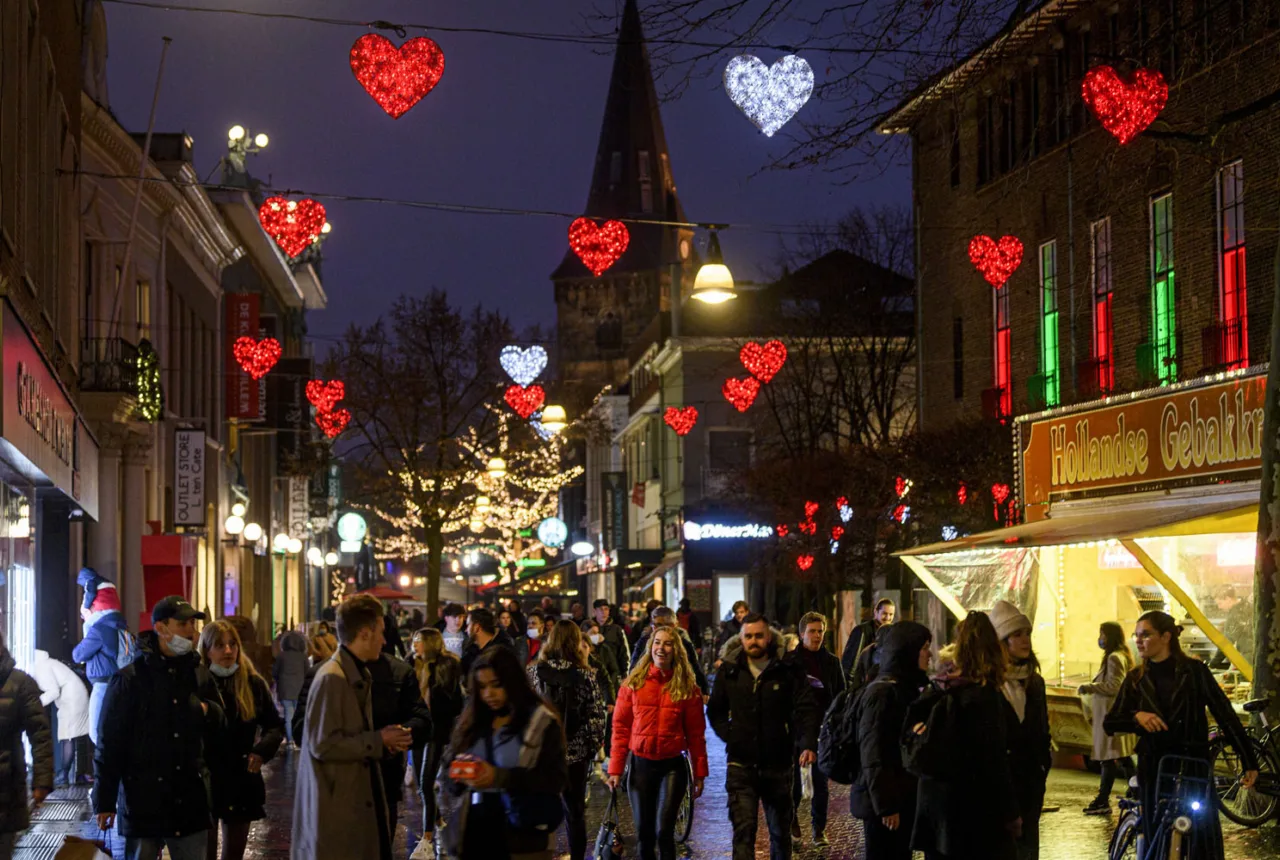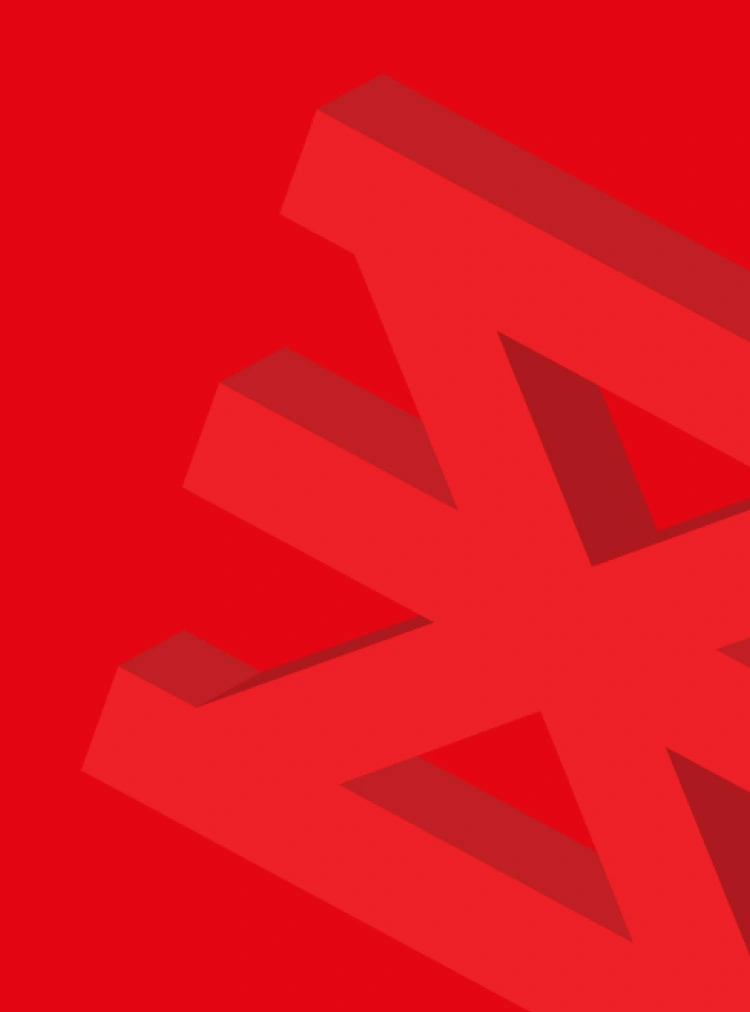
Holidays and traditions
Typical Dutch
Birthdays are greeted with enthusiasm in Dutch culture. Family and friends will probably visit, call or send a card. Among the Dutch, instead of people showering the birthday person with special treats, it is the birthday person’s place to treat those around him or her. This is exemplified by the custom to bring pastries for colleagues to work; and at school children bring treats for all their classmates.
The main holidays of the Netherlands

Sinterklaas
5th of december
One traditional festivity in the Netherlands is the feast of Sinterklaas. It is celebrated on the evening before Sinterklaas’ birthday on December 5, especially in families with little children. It often involves the custom of surprises; gifts wrapped in an original way, customized to the receiver and accompanied by a poem, hinting at what the present is.
More information
Christmas
Winter in Enschede
Among the Dutch, Christmas (which lasts two days) is a time of togetherness. Gifts are generally not exchanged. Usually it is celebrated with ones direct, and not extended, family. It’s celebrated on December 25 and 26. There are several activities being organized in Enschede during the Christmas holidays, such as Winters Enschede.

New Year
Happy
The first day of the year is called ‘Nieuwjaarsdag’, or New Years Day and is also a public holiday and most people will have the day off. The day before is called ‘Oudejaarsdag’ (Old Years Day) and is usually celebrated with family and/or friends. On this day, traditional New Years pastries like ‘Oliebollen’ (a type of sweet dumpling) are eaten. At mid-night the Dutch wish all the best to all in their presence and fire works are set off. Following these activities it is customary to express a good intention for the next year.

Easter
egg hunting
The Dutch celebrate two days of Easter (on Sunday and the subsequent Monday). During Easter there are various customs like the Easter Bunny, Egg Hunting and Easter Fires. Egg hunting is a game during which decorated eggs, real hard-boiled ones or artificial, filled with or made of chocolate candies, of various sizes, are hidden in various places for children to find. Real eggs may further be used in egg tapping contests. Like in many places in the northern and eastern parts of the Netherlands, ‘Paasvuren’ (Easter Fires) are lit on Easter Day at sunset in and around Enschede.
If you want to attend a mass during Easter you can inform about them at your local church.

King's Day
27th of april
Another traditional feast of the Netherlands used to be ‘Koninginnedag’ (‘Queen’s day’). This was celebrated in honour of the Queen’s birthday on April 30. Since April 2013 the Netherlands has a king so Queen’s Day has been renamed ‘Koningsdag’ (‘King’s Day’) and is celebrated on April 27, unless this date is on a Sunday, then it’s celebrated on the preceding Saturday. Jumble sales or free-markets are traditionally held in the streets of some city centres. The salespeople, including children, often wear orange clothes. The King and his family visit two places somewhere in the country. Those places organize a special program, displaying local folklore.
More informationLiberation Day
After the liberation in 1945, Liberation Day was commemorated every 5 years. In 1990 the day was declared a national holiday, where the liberation is commemorated and celebrated every year on the 5th of May. Many employees have a day off work, but this is not required by law. The city of Enschede organizes several music festivals throughout the city in celebration of Liberation Day.
Ascension Day, Pentecost and Good Friday
40 Days after Easter, Ascension Day is celebrated. A popular custom is to go ‘Dauwtrappen’ (lt. ‘kicking the dew’). This means getting up before dawn (although this particular tradition is often abandoned in recent years) and go for a walk or a bike tour. The biggest festival during Ascension Day in Enschede is Green Vibrations. Seven weeks after Easter, two days of Pentecost are celebrated on Sunday and the subsequent Monday.
Even though Good Friday is a National Holiday, it is not a mandatory day off for commercial companies. However, most (semi-)governmental organizations, banks, and insurers honour this day with a day off work. If time off is given on this day, it is usually a mandatory day off work, subtracted from workers’ holidays, whereas other national holidays do not count towards paid holiday allowance.


